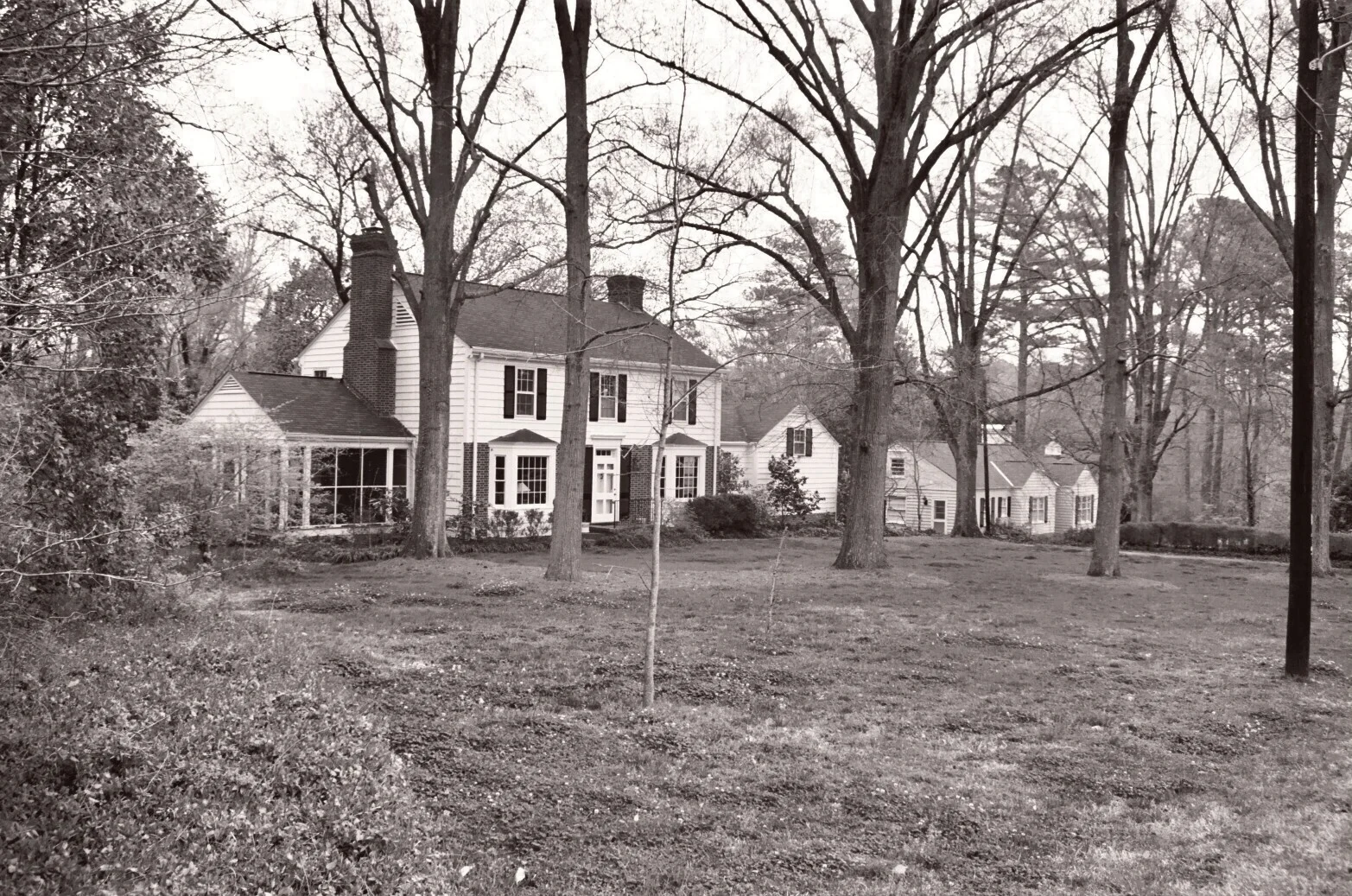A Statement from
The Hope Valley Neighborhood Association Board of Directors
Regarding Hope Valley Deed Covenants
The Board acknowledges that all Hope Valley deeds contain covenants that govern property use. The Board further acknowledges, based on research by local attorneys, that the covenants are valid, enforceable, and a matter of law.
The Board takes no opinion on the rules contained within the covenants, but does acknowledge that the covenants place restrictions on a number of property uses for Hope Valley Homeowners. The Board further encourages homeowners, developers and real estate professionals, including sales agents and surveyors, as well as other interested parties, to research these covenants prior to making representations to buyers, sellers, clients, or the City of Durham.
While the covenants in the various sections of Hope Valley are similar, they do have differences and tend to reflect the norms of the times in which they were written. All covenants not superseded by Federal or State law including the Fair Housing Act, or City Ordinance are valid and enforceable.
Below is a guide to assist you or your researcher in beginning to examine these documents that govern development in our neighborhood. These may or may not be the exact covenants on your property. Those rules should appear, in full, in your deed, however they may be found here as well:
Hope Valley Country Club Section (1926 – late 1940’s)
Record of Deed Book 94, Page 257
Watts Norton Section (late 1940’s – 1960’s)
Record of Deed Book 151, Page 558 (Amended in 1950)
Claude Currie, et al Section (1950’s – 1980’s)
Record of Deed Book 186, Page 317
Van Trine Park (1960’s – 1990’s)
Record of Deed Book 269, Page 50
Hope Valley West (1968 – 1980’s)
Plat Book 60, page 24
New Hope Valley (1980’s – 2000’s)
Record of Deed Book 1692, page 109
The HVNA Board encourages you to know your rights and limitations, consult a legal professional, read your deed.
